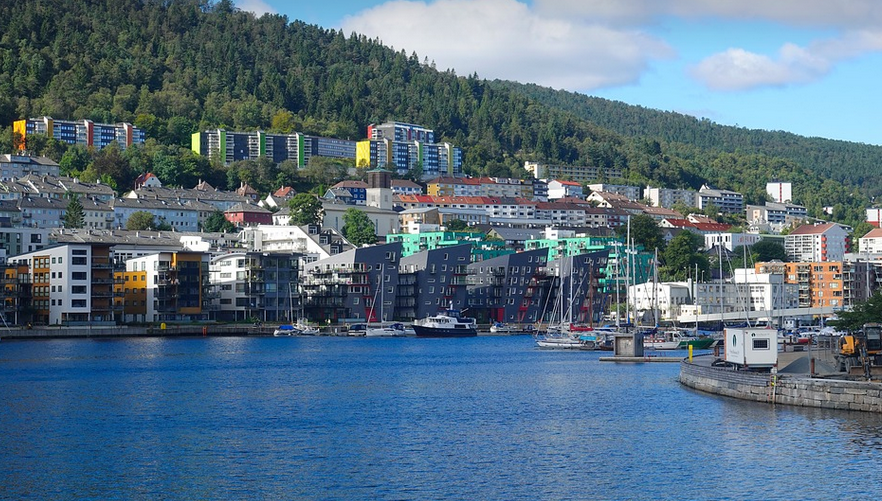Sort Your Trash Like a Pro: Everything You Need to Know About Monroe’s Recycling Program
Living in Monroe? Awesome! It just means you get to enjoy the vibrant community, lovely parks, and friendly neighbors. And maybe even contribute to a cleaner environment with our recycling program.
Now, we all know that throwing stuff away can be a breeze when it comes to trash, but understanding how to recycle correctly is like unlocking a secret code for reducing waste and helping the planet. It’s not rocket science, but knowing your ways – like sorting materials, placing them in the correct containers, and being mindful of what gets recycled at all – makes all the difference.
Here’s the lowdown on Monroe’s recycling program in 2023 and how you can master this art: “Sort Your Trash Like a Pro. It’s not as complicated as it seems!”
Understanding Monroe’s Recycling Program: A Handy Guide for 2023
Monroe has a dedicated recycling program that makes it easier than ever to minimize waste and help the environment.
The basics of the program are fairly simple, but understanding the intricacies can be a game-changer. There’s a clear system in place, and following these steps ensures that your recycling efforts are meaningful and impactful. It’s all about separating your recyclables into different categories to ensure they get processed effectively.
First things first, let’s break down the materials you can recycle in Monroe:
What Goes in the Blue Bins?
Monroe’s blue bins are designed specifically for recyclable items. These include:
- **Paper:** Newspapers, magazines, junk mail, cardboard boxes (flatten them!), and paperboard packaging.
- **Plastic:** Bottles and containers with the recycling symbol (#1 & #2). Rinse out bottles before tossing them in the bin.
- **Metal:** Aluminum cans and tin foil. Remember to remove lids!
What Can’t Go in the Blue Bins?
While recyclable items are encouraged, some things need to stay out of the blue bins:
- **Food Waste:** Food scraps and their containers belong in your trash bin.
- **Electronics:** This might be a tricky one! Electronics like TVs, computers, and batteries should not be placed in the recycling bin. Check for designated drop-off locations or special collection programs in Monroe.
- **Yard Waste:** Leaves, branches, grass clippings – these belong in with your regular trash, as they are difficult to recycle efficiently.
- **Plastic Bags:** While convenient, plastic bags can cause a mess when mixed with recycling. It’s best kept for shopping or other uses.
Monroe’s Recycling Rules: The Do’s and Don’ts
To make the most of this program and ensure that all efforts are directed towards proper disposal, let’s look at some basic rules. These may sound obvious, but sometimes it’s the little things that matter the most.
- **Rinse Out Containers:** Before you toss those plastic bottles or containers in the bin, give them a quick rinse. This helps prevent contamination and keeps the recycling process smooth.
- **Flatten Cardboard:** Think of how much space you save by flattening your cardboard boxes before you throw them in the blue bin. It’s all about efficiency!
- **Separate Paper from Plastic:** Keep your paper and plastic separate to ensure they’re sorted properly. This can be done by placing them in different parts of the recycling bin, or even using a color-coded system for visual clarity.
Why Recycling Matters: A Deeper Look at Monroe’s Impact
Recycling is not just another chore; it’s a vital act that impacts our world in profound ways. Let’s delve into the benefits of making this practice a part of your daily routine:
Saving Resources: A Green Thumb for Our Planet
The materials you recycle go through a process called “remanufacturing”. Think of it as giving old items a new life!
When recycled paper, plastic, and metal are transformed back into usable products, we use fewer raw resources. Less paper is needed to make boxes, less plastic is needed for bottles, and less metal is needed for cans. It’s all about reducing our dependence on new materials.
Reducing Pollution: A Cleaner Future for Monroe
Recycling directly impacts pollution reduction. Less waste means fewer landfills needing to be expanded, which in turn reduces air and water contamination. Think of it as a shield against pollution.
Conserving Energy: A World of Savings
The energy required to produce new goods from raw materials is much higher than the energy needed to process recycled products. This is why recycling is considered an eco-friendly way to conserve our valuable resources.
